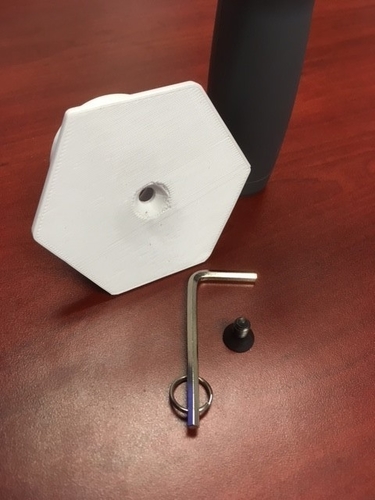


The games are in the classic Montessori style, so kids are able to use self-correction and move from activity to activity. The app presents the formal language for all of the shapes so you won’t just hear the words circle and triangle but also the specific technical terms, such as scalene triangle. There are games for playing with shapes, learning activities that connect kids to seeing shapes in the “real world,” and a dynamic 3D exploration activity for kids to rotate and interact with every side of the shape. Montessori Geometry is filled with games, free exploration activities, and other learning gems in the traditional teaching style of Maria Montessori. Montessori Geometry – Recognize and learn shapes (iOS only) The app costs $2.99 and is available for iPhone and iPad. There are four levels of game play in the app, and there is a storyline involving the rescue of the village dragon that is developed through completion of each level. The shapes in the app are able to be manipulated and turned fairly easily.

As children solve the puzzles, the ideas that shapes can form larger composite shapes or designs is reinforced. The shapes include triangles, squares, rectangles, hexagons, trapezoids, pentagons, and rhombi. As they are presented with a puzzle, a sidebar introduces them to the shape and distinguishing features about the shape. This app walks children through an introduction to shapes through tangram puzzles. Spatial Reasoning App Reviews Dragon Shapes Lumio Geometry Challenge (iOS only) The following apps help develop these skills, but it is equally important for early learners to play with hands-on objects such as blocks, puzzles, tangrams, or pattern blocks to develop these skills. Children with well-developed spatial reasoning skills often perform better at STEM (Science, Technology, Engineering, and Mathematics) tasks. This skill is often overlooked in traditional schooling but is a vital skill to develop. It’s this strong ability that architects use when designing a building or that a sculptor uses when planning a design. Spatial reasoning is the ability to visualize shapes and objects in different ways and draw conclusions about those shapes.


 0 kommentar(er)
0 kommentar(er)
